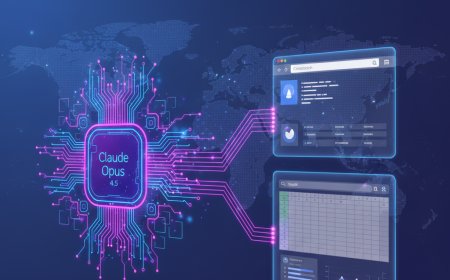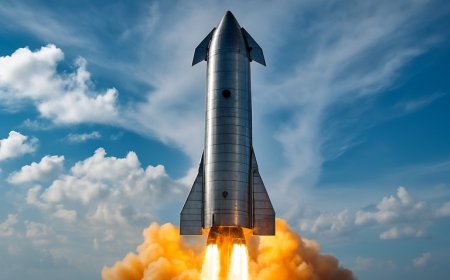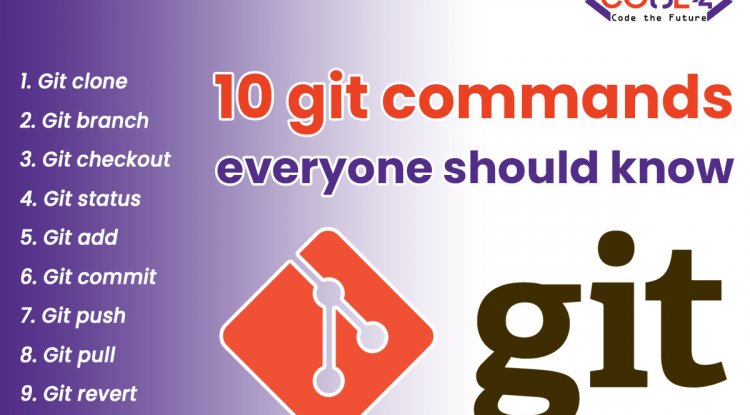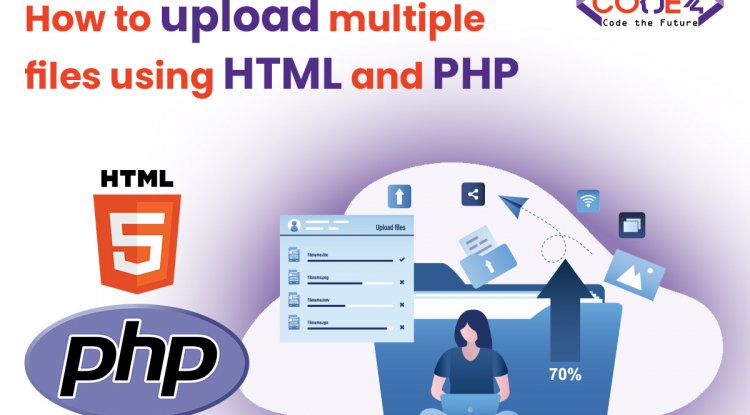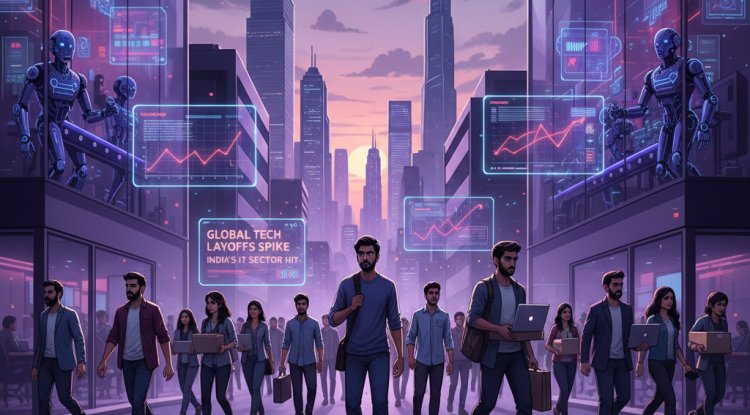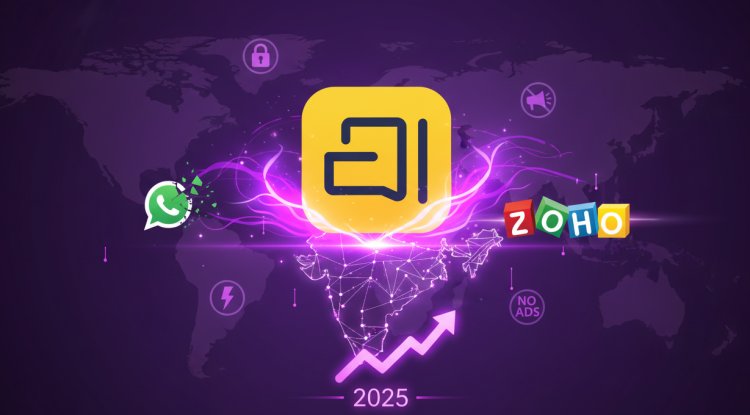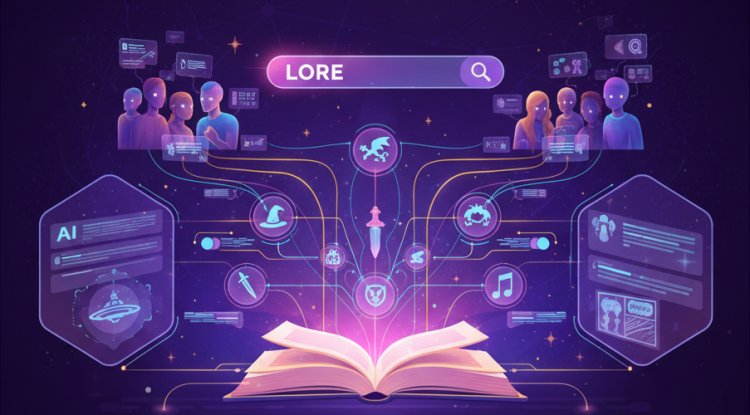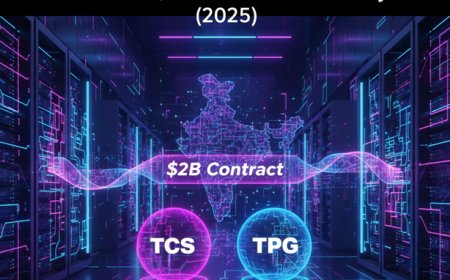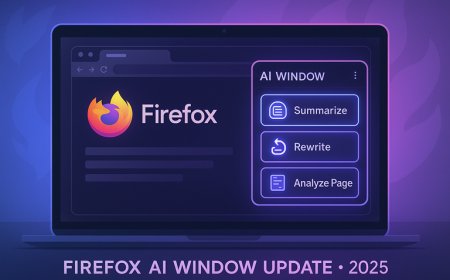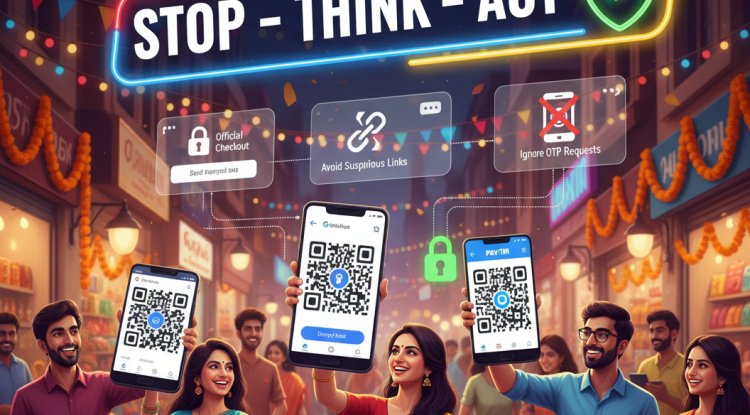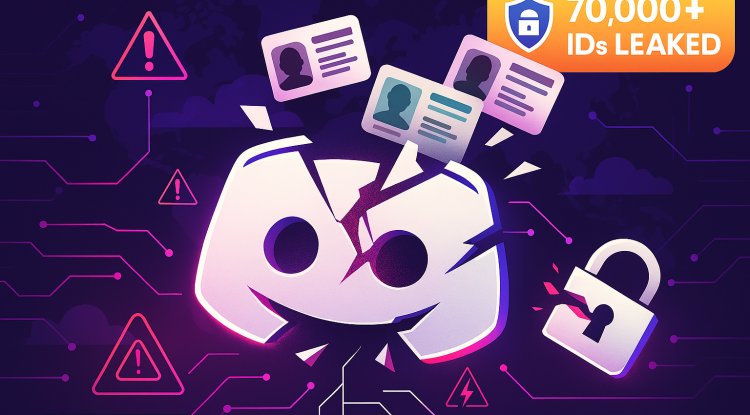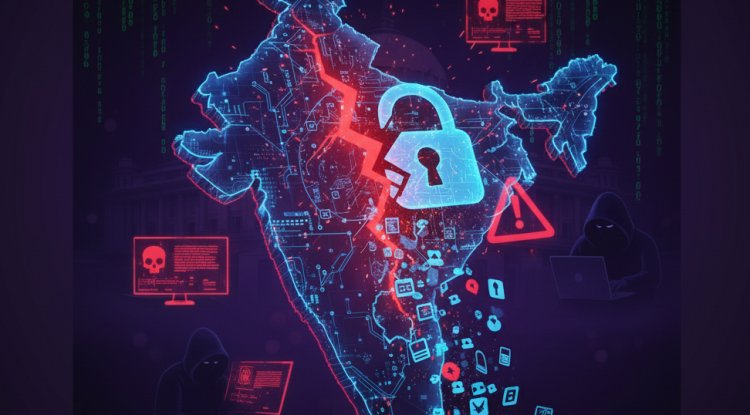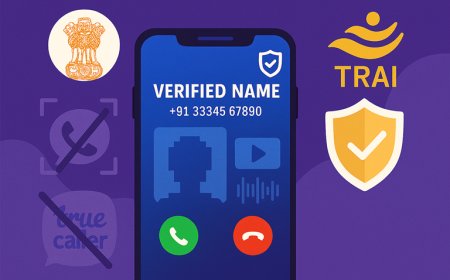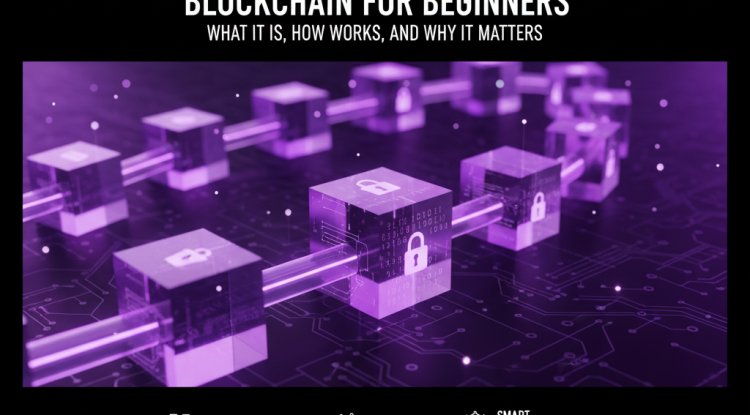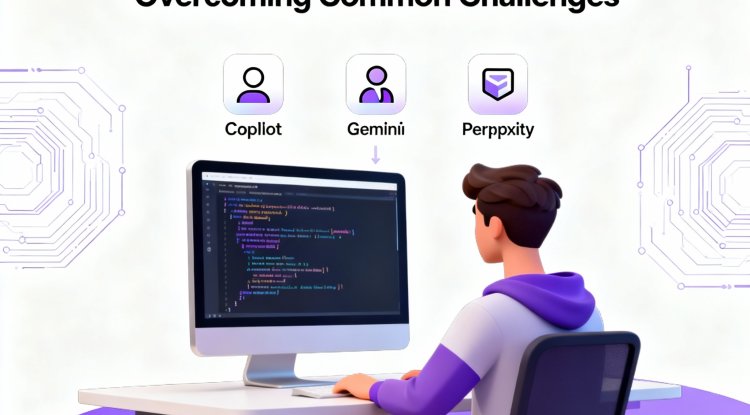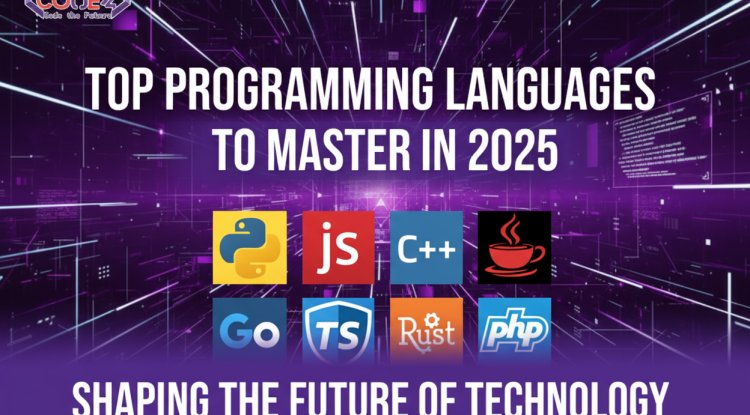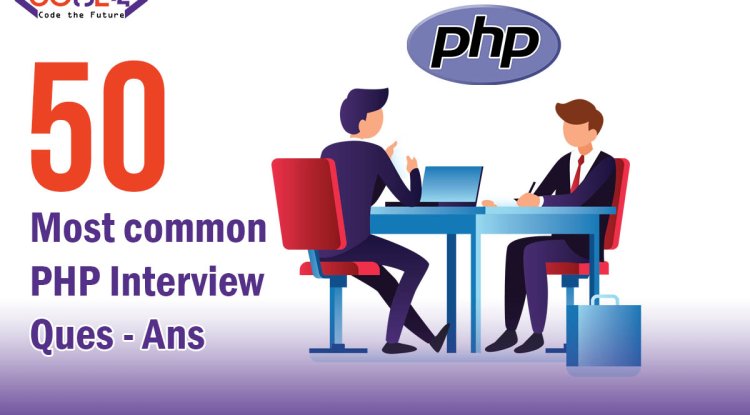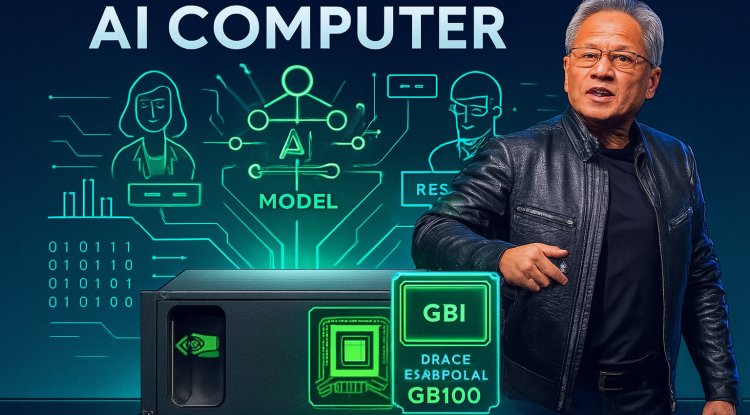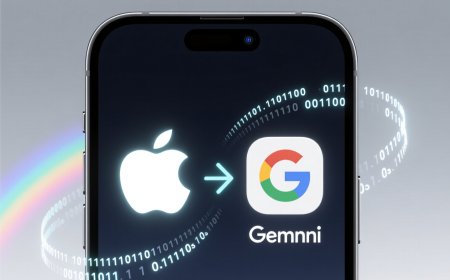OpenAI Sues Elon Musk: The Legal Clash That Could Reshape Global AI Access
OpenAI has launched a lawsuit against Elon Musk, claiming “bad-faith tactics” and efforts to disrupt its global mission after Musk filed suit accusing OpenAI of betraying its nonprofit roots. The case spotlights a deepening split over the future of open AI, model licensing, and the battle between mission-driven research and rapid for-profit innovation. As regulators and startups worldwide—including India—watch closely, the outcome could redefine how advanced AI is governed and accessed for years to come.
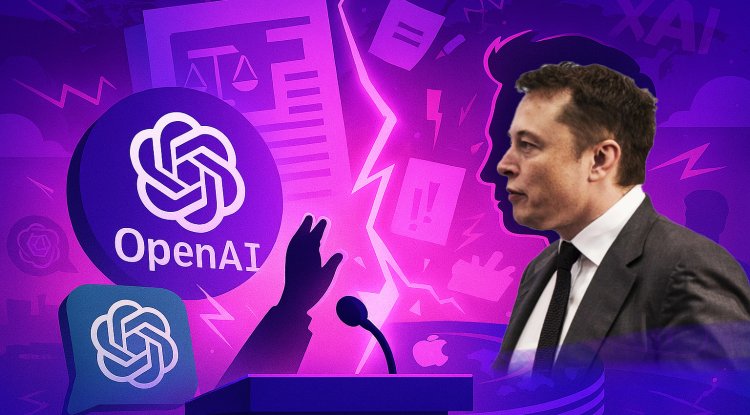
OpenAI Sues Elon Musk: Inside the Billion-Dollar Battle Over AI’s Future
- Silicon Valley drama intensifies: In October 2025, OpenAI filed a major lawsuit against Elon Musk, accusing him of “bad-faith tactics” and attempts to sabotage OpenAI’s mission and disrupt the global AI race. This comes on the heels of Musk’s own legal actions against OpenAI and CEO Sam Altman earlier in 2025.
- Background: Musk, a co-founder and one-time key donor to OpenAI, claims the organization has betrayed its nonprofit, open-source roots by shifting toward profit-driven development and alignment with Microsoft. OpenAI alleges Musk is using litigation as a competitive tool following the rise of his own AI ventures like xAI and Grok.
- What’s at stake: This legal showdown could shape the future of AI research, open access models, and the power balance across the global AI landscape—affecting academia, startups, regulations, and even India’s growing AI ecosystem.
The OpenAI vs Musk feud is much more than a “tech billionaire spat”—it’s about who controls tomorrow’s most important technology, and how AI will be built and governed for society.
Lawsuit Timeline & Major Events
| Date | Event | Key Parties |
|---|---|---|
| 2015 | OpenAI is founded as a nonprofit, with Elon Musk, Sam Altman, Reid Hoffman, and others | OpenAI, Musk, Altman |
| 2018 | Musk departs OpenAI, citing mission differences—focuses on Tesla & SpaceX | Musk, OpenAI board |
| 2019–2023 | OpenAI pivots to for-profit “capped-profit” model, secures billions from Microsoft, launches GPT-3, GPT-4, ChatGPT | OpenAI, Microsoft |
| Feb–Apr 2025 | Musk sues OpenAI & Sam Altman over alleged breach of nonprofit charter; OpenAI files counterclaim, accuses Musk of undermining their mission | Musk, Altman, OpenAI |
| Oct 2025 | OpenAI officially sues Musk, claims “bad-faith tactics” and competitive interference aligned with xAI | OpenAI, Musk, xAI |
Source: BBC, TechCrunch, OpenAI, legal filings, xAI media
Musk vs OpenAI: The Clash of AI Titans Explained
- Ideological split: Musk insists OpenAI has become too “closed,” favoring profits and exclusive access deals (notably with Microsoft), and straying from its pledge to create “AI for the benefit of humanity.”
- OpenAI’s response: The company argues that Musk’s claims are a smoke screen, and that his own move—launching xAI and the Grok chatbot as for-profit competitors—reveals personal and strategic conflict. OpenAI highlights Musk’s past endorsement of hybrid for-profit models while at OpenAI.
- Legal & PR tactics: Both sides accuse each other of undermining AI openness, prioritizing commercial deals, and manipulating public narrative. Musk maintains that “aligned AI” must remain global and open; OpenAI says the lawsuit is a tactic to disrupt the leading AI company’s trajectory.
- Industry impact: Key observers say the fight will set precedents for AI research access, model licensing, and antitrust scrutiny, especially as governments—including India’s MeitY—consider AI regulation and support for local open-source models.
Global Ripples: Why India and AI Developers Should Care
- India’s AI sector: Both OpenAI’s GPT and Musk’s xAI are widely used by Indian developers, students, and startups. The legal fight spotlights whether future AI models will be accessible, affordable, and open for academic/enterprise innovation in India.
- Policy and regulation: As India moves toward national AI frameworks, OpenAI-Musk legal outcomes may influence local policy decisions on transparency, privacy, AI safety, and domestic AI investments.
- Status of open-source AI: Indian tech leaders and think tanks cite the case as a lesson: robust open AI infrastructure must be built, governed, and protected from “mission drift” and global corporate consolidation.
FAQs — OpenAI vs Musk Lawsuit, AI Governance, & India
Pro Tip: Indian developers: Monitor legal and public updates from both OpenAI and xAI—API licensing, model availability, and user data rights may shift fast. Consider contributing to Indian AI collectives and open-source alternatives for long-term resilience.
“This is not just Silicon Valley infighting—whoever sets the rules for AI access, transparency, and profit will shape tech innovation for a generation.” —AI Policy Forum India, October 2025
Industry Reactions & Community Voices
- Tech leaders: Many advocate for governance frameworks requiring large AI labs to maintain some level of public/academic accessibility, regardless of for-profit status.
- Investors/analysts: Lawsuit outcomes may shape how much venture capital and IPO momentum flows to “hybrid” AI companies and next-gen startups, including from India’s fast-growing AI sector.
- Open-source community: Calls grow for global coordination of open-source model safety, copyright, and trust—especially as AI becomes critical for finance, elections, and infrastructure.
Quick Poll: Should advanced AI be managed by nonprofits or for-profit companies?
Internal Links: AI Silicon Valley News, India AI Policy Features, OpenAI vs xAI Series
Sources & Further Reading
Sources: BBC, TechCrunch, OpenAI Blog, xAI News
Sneak peek: The OpenAI–Musk lawsuit could reshape the next phase of global AI—from developer access to policy framework. Subscribe for exclusive India/Asia AI coverage as the story unfolds!
What’s your take? Comment, share your views below, or subscribe for detailed policy and startup analysis!
What's Your Reaction?
 Like
0
Like
0
 Dislike
0
Dislike
0
 Love
0
Love
0
 Funny
0
Funny
0
 Angry
0
Angry
0
 Sad
0
Sad
0
 Wow
0
Wow
0


